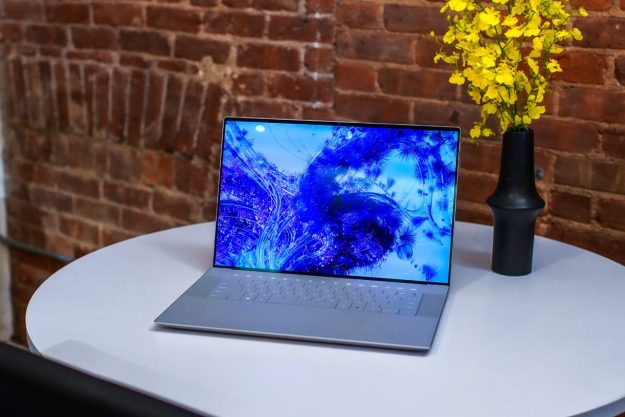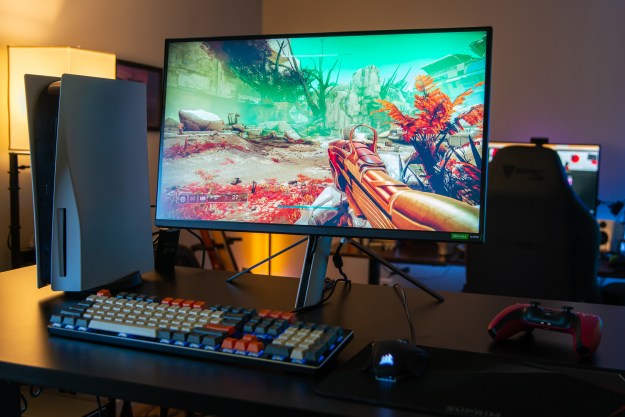
Jade Empire will go down in the books as one of the most underrated games of all time. Maybe it’s because it was marketed as an Xbox exclusive in a time when PlayStation reigned supreme. And maybe the game would have fared better had it not taken nearly two years to make its way to PC.
We’ll likely never know why the BioWare-helmed martial arts RPG never took off in the same way Mass Effect or Dragon Age did. But, for those of you who missed out on the action ten years ago, Origin is giving you the chance to experience Jade Empire at no cost, thanks to its periodic “On the House” program. For those interested, you can grab Jade Empire: Special Edition, no strings attached, completely free.
It may even be worth picking up again, even if you played it on Xbox the first time around, as this version features graphical enhancements, a host of new monsters and enemies, as well as added fighting styles, improved combat AI, an extra playable character, and more subtle changes to the game detailed on the fan-made Jade Empire Wiki.
When the offer comes to a close is anyone’s guess. Previous “On the House” freebies have lasted anywhere from 1 to 75 days, and though it’s likely to lean more towards the latter, the truth is we have no idea, so nab it while it’s hot.
In 2011, BioWare co-founders Ray Muzyka and Greg Zeschuk spoke at Eurogamer Expo about the future of the potential Jade Empire franchise.
“It’s an IP, it’s a setting that we were really passionate about, and we still are. Both Greg and I were big believers in the IP,” Muzyka confided. “We’re just looking for the right way to deploy it.”
You can get Jade Empire: Special Edition, completely free of charge, here.


